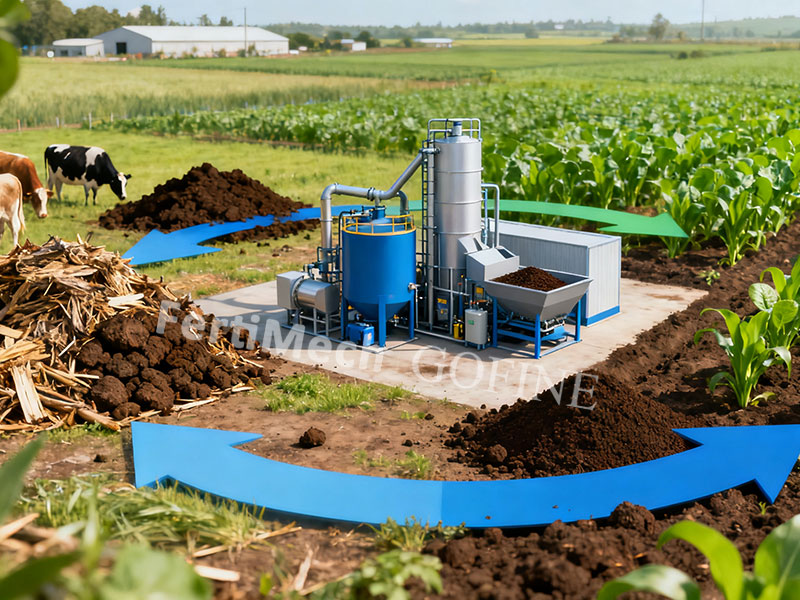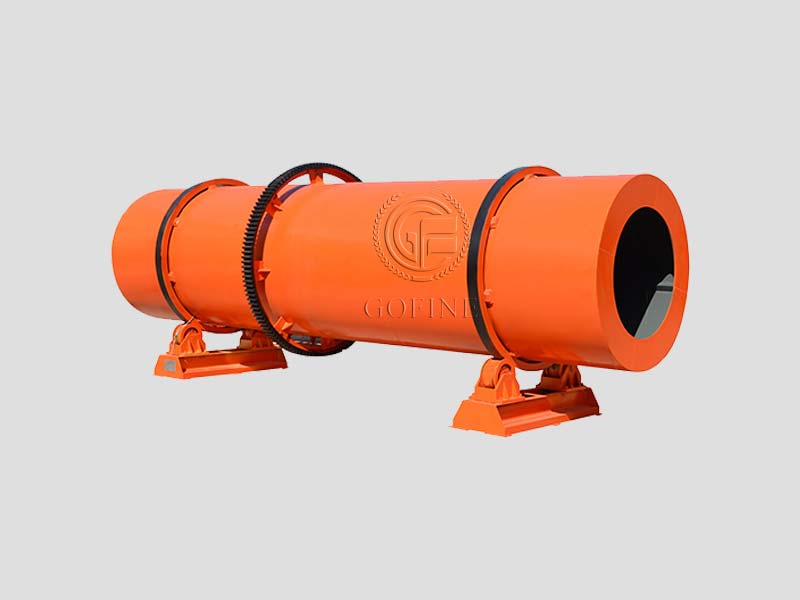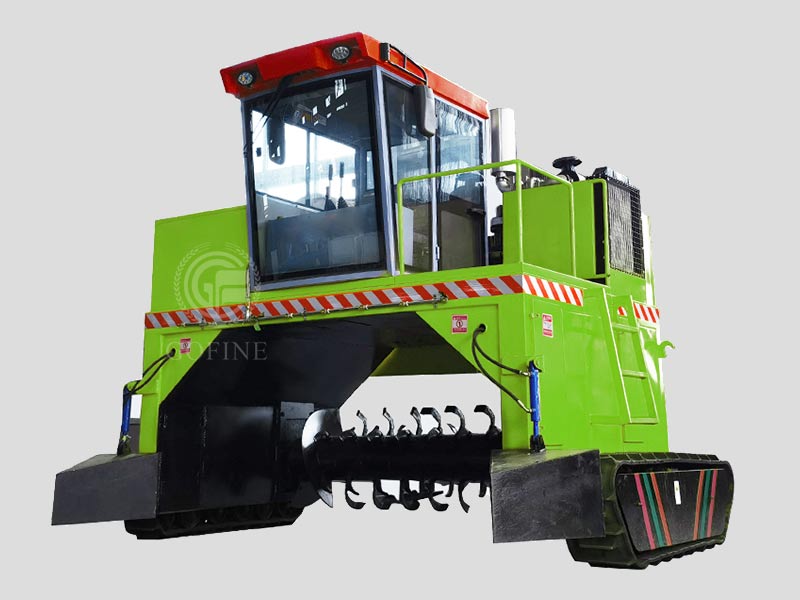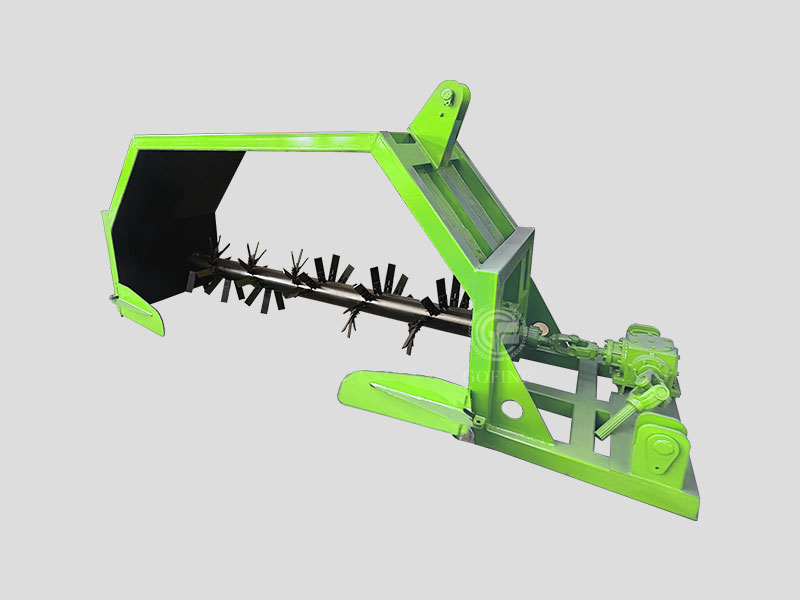Fermentation technology is a key engine driving the circular economy in organic fertilizer production equipment.
News October 27, 2025
Amidst increasing resource constraints and rising environmental awareness, the circular economy has become a crucial path to achieving sustainable development. As a crucial link between organic waste treatment and agricultural production, the application of fermentation technology in organic fertilizer production equipment is becoming a key engine driving the development of the circular economy, contributing significantly to green agriculture and environmental protection.
Fermentation: The Core Process of Organic Fertilizer Production
Fermentation is the core process in organic fertilizer production. It utilizes the metabolic activity of microorganisms to transform various types of organic waste into stable, highly effective organic fertilizer. This biological conversion process not only recycles waste but also provides a high-quality source of nutrients for agricultural production. Organic fertilizer production equipment plays an indispensable role in this process, precisely controlling fermentation conditions to ensure uniformity and efficiency.
Technical Advantages and Environmental Benefits
Modern organic fertilizer production equipment utilizes intelligent control systems to precisely adjust key parameters such as temperature, humidity, and oxygen content, creating an optimal environment for microbial growth and reproduction. This not only significantly shortens the production cycle and improves production efficiency, but also reduces production costs, making organic fertilizer production more economically viable. More importantly, the fermentation process effectively breaks down complex substances in organic waste, converting them into nutrients that are easily absorbed by plants. It also kills pathogens and weed seeds, reduces odor and harmful gas emissions from organic waste, and significantly mitigates pollution to the surrounding environment.

Promoting the Development of a Circular Economy
The application of fermentation technology in organic fertilizer production equipment has injected new vitality into the development of a circular economy. By converting organic waste such as agricultural waste, livestock and poultry manure, and food processing waste into high-quality organic fertilizer, it achieves efficient resource recycling. This process not only solves the challenge of organic waste disposal and reduces environmental pollution, but also provides valuable organic matter and nutrients for agricultural production, improves soil structure, enhances soil fertility, and promotes sustainable agricultural development.
Future Development Prospects
With the continuous advancement of technology, the application of fermentation technology in organic fertilizer production equipment is evolving towards greater intelligence, efficiency, and environmental friendliness. The new generation of organic fertilizer production equipment will place greater emphasis on energy conservation and resource recycling, employing more advanced bioengineering technologies to further improve fermentation efficiency and product quality.
As a key technological enabler for the development of a circular economy, fermentation technology is poised to play an even more crucial role in future sustainable development. It not only serves as a vital link between environmental protection, resource utilization, and agricultural production, but also plays a vital role in building a beautiful future of harmonious coexistence between humanity and nature.
Prev: Five Years of Quality Proven! Wheeled Compost Turner Boosts Organic Fertilizer Production Next: Traditional chicken manure mixes are highly effective in horizontal fermentation tanks.



